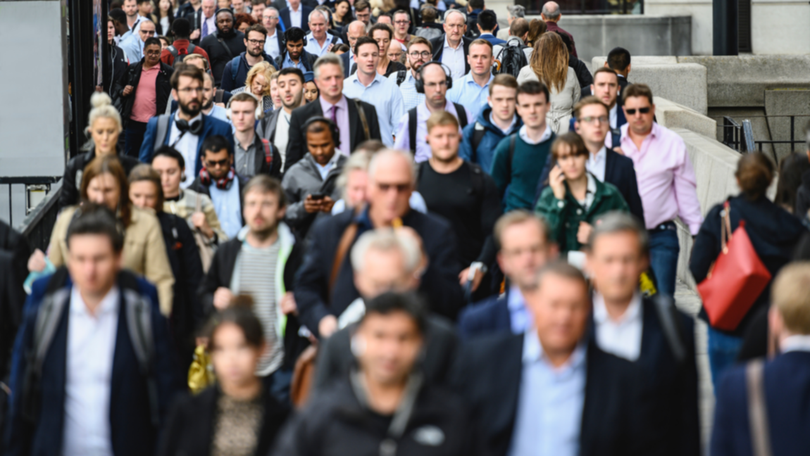Why working from home could be here to stay in Australia

Amid a slew of companies demanding workers return to the office, an international think tank has released a report claiming working from home is here to stay.
The World Economic Forum released it’s Future of Jobs Report for 2025 earlier this month, detailing expected future employment trends.
JPMorgan Chase, Amazon and Tabcorp have all recently summoned staff back into the office, while 83 per cent of corporate leaders surveyed for a KPMG CEO outlook expect a full return to the office within three years.
Sign up to The Nightly's newsletters.
Get the first look at the digital newspaper, curated daily stories and breaking headlines delivered to your inbox.
By continuing you agree to our Terms and Privacy Policy.More than one third of Australians are working from home on a regular basis, and employers anticipate offering more remote options in the next five years to compensate for labour shortages.
One of the biggest challenges facing businesses operating in Australia is skill gaps in the talent pool, the World Economic Forum said in its report.
Of employers surveyed, 65 per cent identified the former as a challenge, while 45 per cent of those surveyed identified the latter.
“To address the increasing need for skilled talent, 45 per cent of respondents hope for changes to immigration policies to attract global talent, compared to a global average of 26 per cent,” the report said,
“Additionally, 49 per cent of businesses operating in Australia anticipate offering cross-border remote work options, nearly double the global average, and 63 per cent identify tapping into diverse talent pools as an effective approach to increasing talent availability in the country.”
Employee Matters managing director Natasha Hawker previously told 7NEWS companies with a strict in-office policy face losing star employees keen on flexibility.
“You do not want to lose your high performers. So, I think a lot of companies are going, ‘You know what, (working from home is) here to stay’,” she said.
Hawker said it was “very difficult to put that genie back in the bottle” and rope workers back into the office after COVID.
“When we recruit for our clients, we have candidates who will not go to an interview unless they’ve seen the working from home policy that says they can work from home,” she said.
Facing the impacts of an ageing population
Australia was also identified in the report as experiencing “more significant effects from declining working-age populations”, alongside Germany and Japan.
“Compared to global averages, employers facing the effects of ageing population are more pessimistic about talent availability and expect facing bigger challenges in attracting industry talent,” the report said.
“More encouragingly, with a shrinking labour pool, many of these companies (60 per cent) increasingly prioritise transitioning current employees into growing roles as a key workforce strategy.
“Some observers have also predicted that ageing high-income economies with shrinking labour forces might increasingly look to deeper automation to counterbalance some of these demographic trends.”
A strong majority of employers facing the impacts of ageing populations are more likely to accelerate process automation and advance workforce augmentation in the next five years, the report said.
Originally published on 7NEWS
